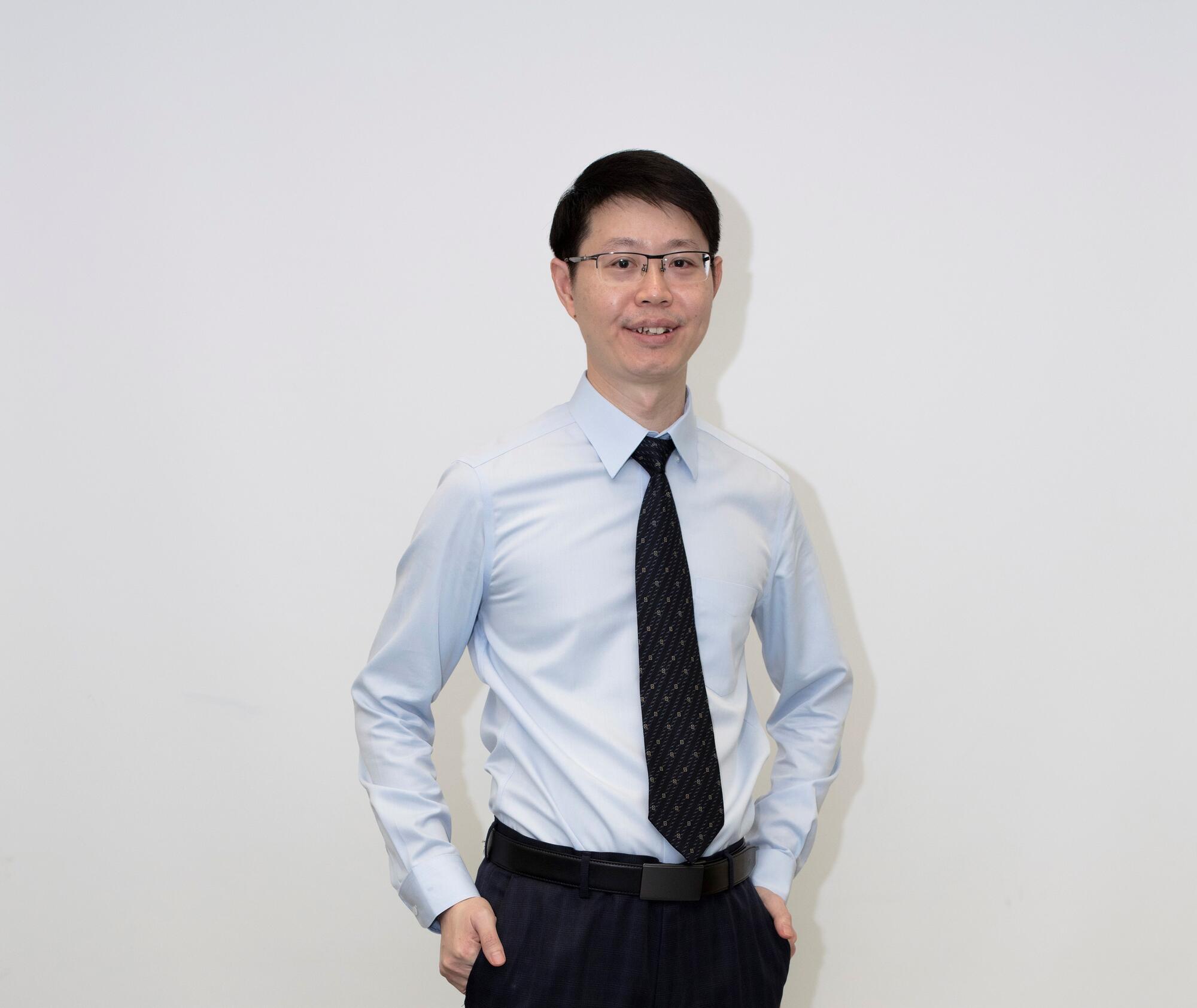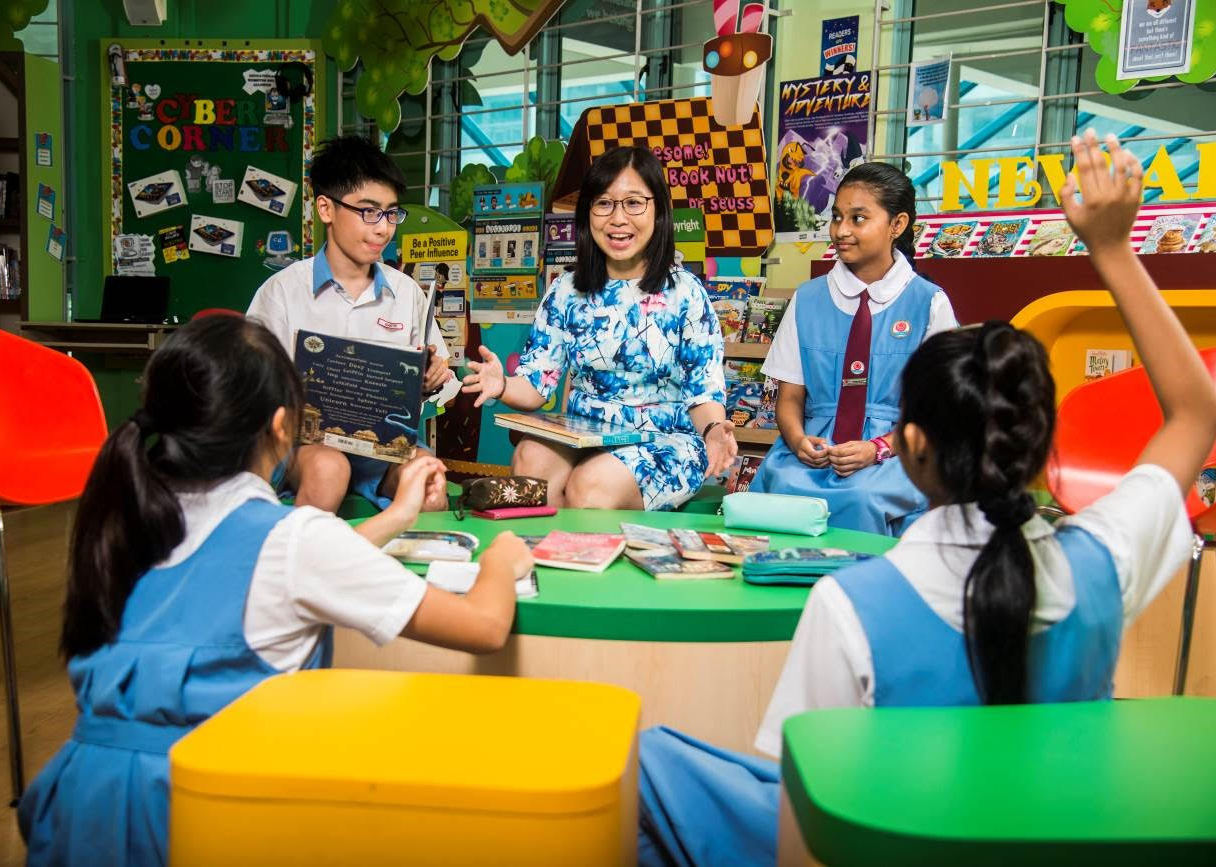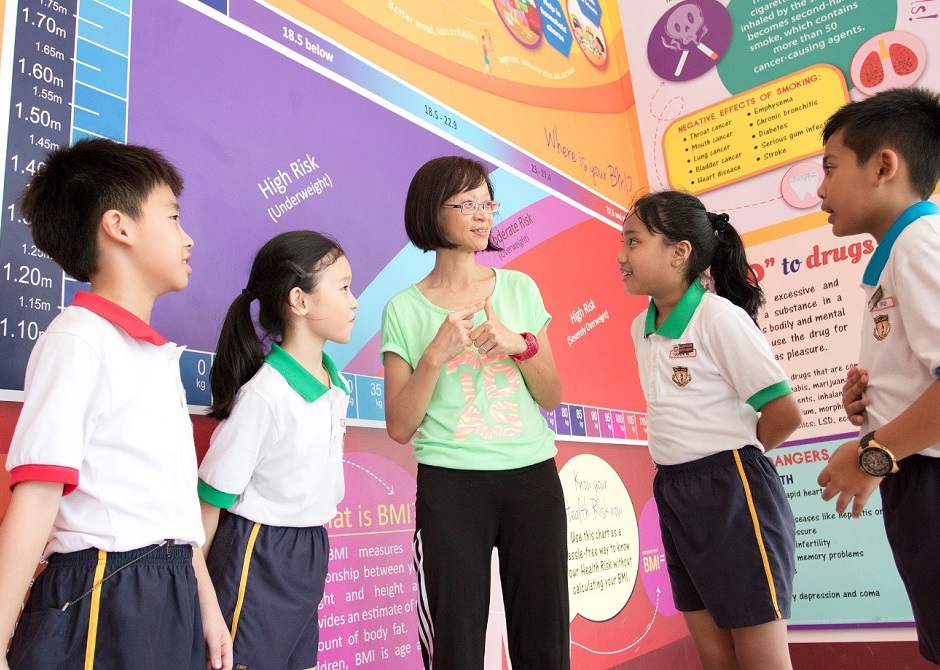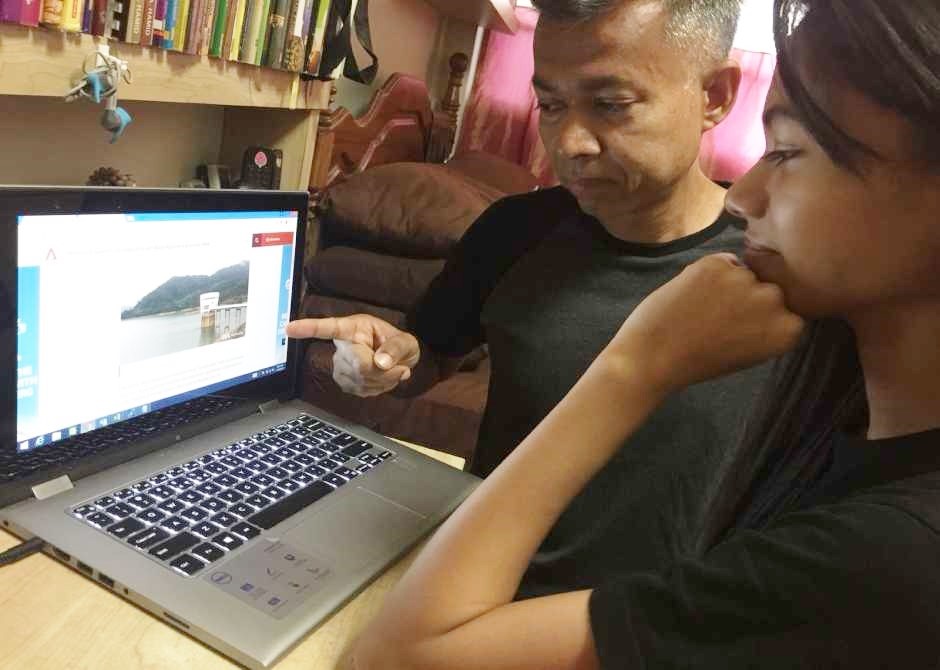Ong Kian Hock Alfred, Greenridge Primary, President’s Award for Teachers 2020 Finalist
You might be excused for thinking that Greenridge Primary is a school for IT whiz kids.
Here, Primary One students are learning to do block programming, while the Primary 6s are building mini robots and creating digital animation. And soon, the Primary 3s will be learning to code.
All these eye-popping activities are the brainchild of self-confessed ICT advocate, Alfred Ong.
When he first joined the school 12 years ago as a mathematics and science teacher, Alfred wanted to unlock his students’ full potential. And for him, there was no better way to do this than through Information and Communications Technology (ICT).
“While I am a teacher, I am a geek as well. ICT tools and e-pedagogy provide me with an additional and very important toolkit to better engage my students, get them excited and allow them to enjoy the learning.”
In junior college, Alfred studied computer science and was captivated by anything to do with bits, bytes and bugs. At the same time, he developed a passion for helping children blossom not just academically but also on a personal level. When he became a teacher, he naturally combined his two passions.
That led Alfred to introduce some pretty cool programmes in Greenridge Primary.
Fun with coding
In 2017, as Head of Department for ICT, he introduced Hour of Code to the school. This non-profit website teaches coding at an appropriate level for all ages. In the first year, all Primary 6 students at Greenridge Primary were brought to the school’s computer lab for an hour of immersion in coding. Since 2018, all levels have been exposed to coding.
Explained Alfred, “This is good exposure for students who might not have the opportunity to know what coding is and who may not realise that coding is fun.”
Students love the coding experience, especially the interface featuring pop culture themes like Minecraft and Frozen.
The other teachers – some of whom were initially amazed that Primary 1 students were able to grasp logical sequencing – now use it to teach their students logical thinking, problem solving and persistence, all essential skills in mathematics.
Ideas aplenty
Alfred is always trying out new ways of engaging his students. In 2015, he organised digital animation workshops for Primary 6 students, where they picked up storyboarding, character design, animation and video editing skills.
In 2018, this was replaced by a robot-building programme called Strawbees. This saw 240 Primary 6 students learning to build mini robots using a microprocessor and straws.
“I wanted to empower students to be digital creators and makers so as to cultivate real-world problem solving, encourage digital creativity and innovation and foster their ability to collaborate and co-create with peers.”
Alfred went on to create Digital Escape Room with two other teachers in 2019. This is a computer game where students use science clues to escape from three locked virtual rooms.
The game was unleashed on Primary 6 students during the June holidays. Students had 60 minutes to escape each room and go on to the next room. During the game, students were exposed to simulation software, virtual manipulatives and immersive technology (Augmented Reality).
Alfred said, “We wanted them to be able to revise their science topics in a more fun and engaging way. Students also learn to be resilient through the process of solving the clues as they are more likely to keep trying in a game. In the process, we are preparing them for a life of learning.”
His unconventional approach worked. Digital Escape Room had entire classrooms engrossed – and busily soaking up science knowledge. It even turned students who disliked science into enthusiasts. One such student, Ng Qing Kai, 13, said, “The rooms consist of digital puzzles, Micro:bits and digital experiments. We recall science concepts we have learnt while deciphering clues to escape the room. It made learning science so much fun. I really got into the game, and this got me interested in science.”
Digital Escape Room was shared with a group of 30 teachers at the School of Science and Technology Summit. They were thrilled and wanted to know how they could introduce this in their own schools.
Digital drive at Greenridge Primary
Even as Alfred was getting students excited about digital tools, he wanted to do the same for his fellow teachers.
In 2015, as then Subject Head for ICT, Alfred conducted a schoolwide survey and discovered that the adoption of ICT was uneven among the teachers.
His solution was to create an ICT mentorship programme. Started in 2017, the annual programme involves four mentors in four subject areas – English, Mathematics, Science and Mother Tongue. And they would also take two or three teachers under their wings. For one year, mentors meet with mentees for an hour once a week (within the normal school hours) to teach them e-pedagogy and digital tools. The mentors also observe the mentees in class.
The programme was a huge hit. More than 40 teachers have already gone through the programme and mentees regularly ask to remain in the programme even after their one-year stint.
In 2017, Alfred launched Greenridge Primary’s very own ICT Fest, which has since become a biennial event. At the one-day festival, four to five workshops are held concurrently and teachers get to choose the ICT tools that they would like to learn.
In the same year, Alfred also organised the school’s annual Cyber Wellness Week and Safer Internet Day together with his Cyber Wellness coordinator. It made such an impact that he was awarded the Outstanding Contribution Award for Cyber Wellness during the school award day.
Into the future
In 2020, Alfred piloted Computational Thinking and Coding as part of the school’s Applied Learning Programme.
Developed by Alfred and the Subject Head for Special Projects, the initiative comprising a 10-hour course over two terms teaches P3 students to programme using Scratch language. Eventually the programme will be scaled up for all levels in the school.
Explained Alfred, “Students will develop a solution for a problem using coding. For example, they will learn how to make an online invitation card.”
The goal of the programme is to develop students’ holistic problem-solving skills. “Students will develop computational thinking attitudes such as imagination, out-of-the-box thinking, collaboration and persevering to find solutions. By equipping our students with these key attitudes and skills early, we lay the foundation for our students to be well adapted for the complex and ambiguous world of tomorrow.”
He added, “The greatest power I have as a teacher is knowing that I can make a difference. The most rewarding moment for me is not in producing students with good grades but getting students to believe in themselves, to possess the skill sets and values to thrive in the future, and to be the best they can be.”






